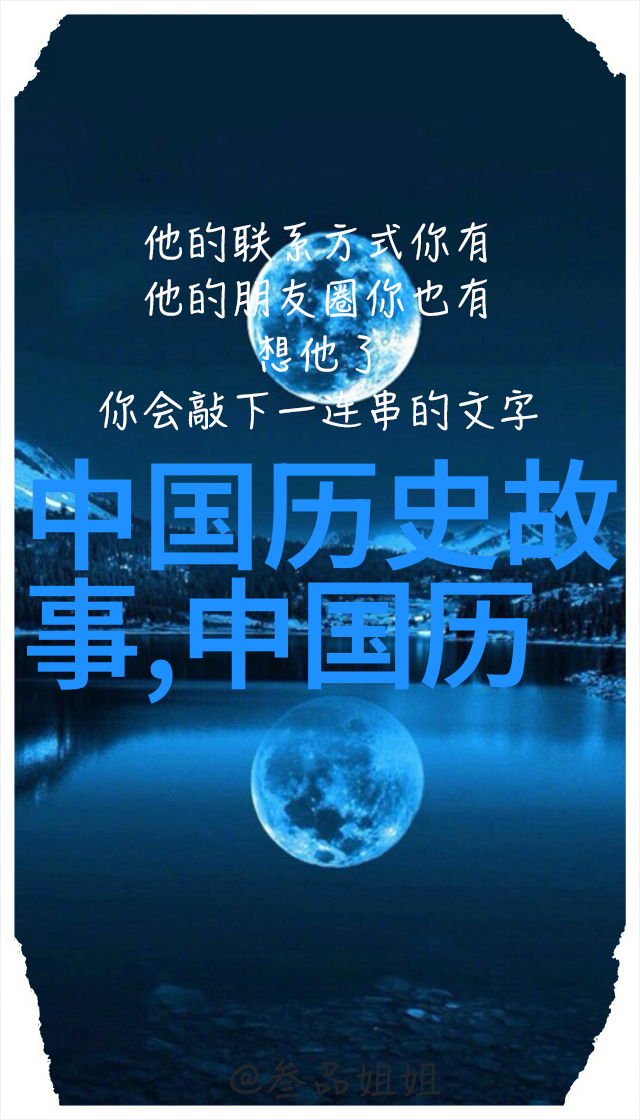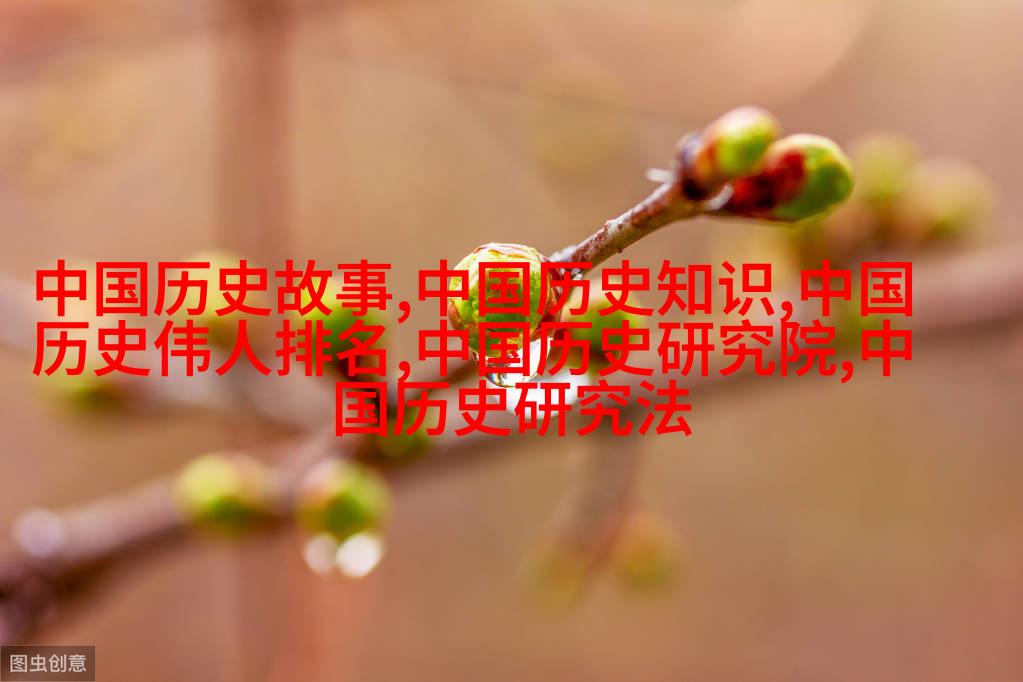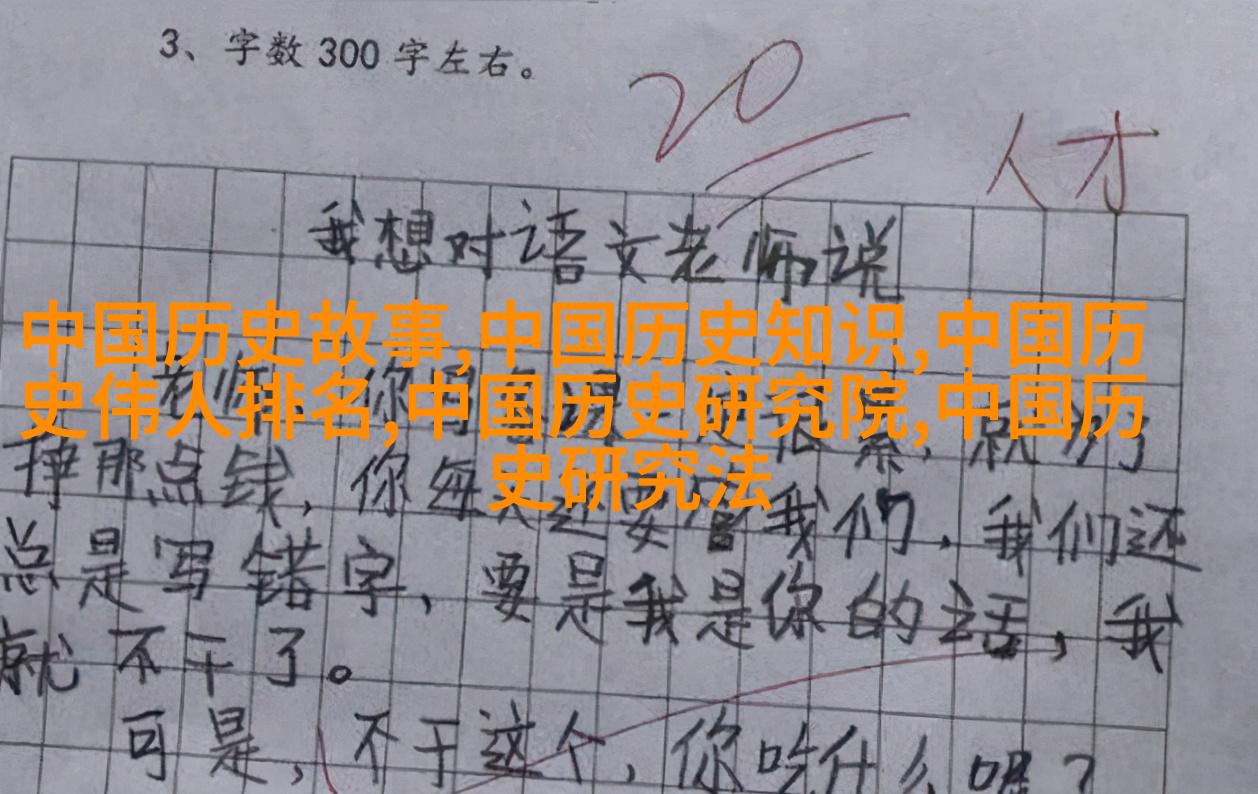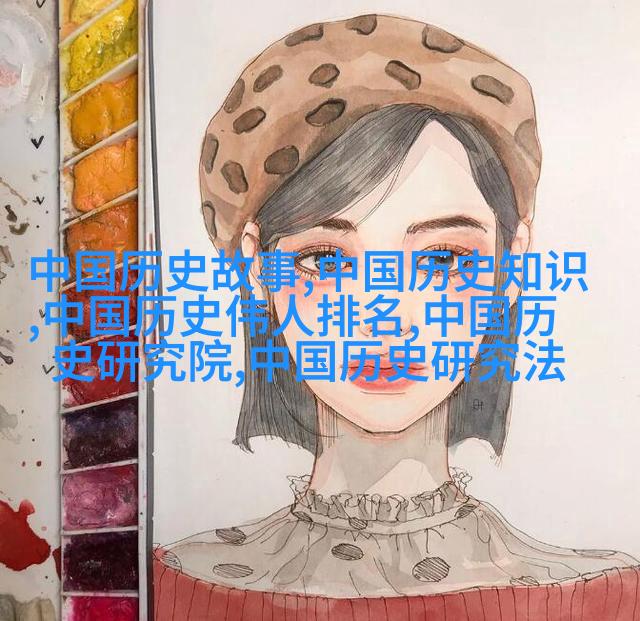
历史故事的成语我爸说你看这吃老本是啥意思
我爸说,你看这“吃老本”,是啥意思?

记得小时候,我总喜欢问爸爸各种成语的含义。每当我遇到一个不太明白的成语,或者在书上看到一句古人的名言,就会跑去问他。今天,正好聊到这个“吃老本”了。
爸爸微笑着看着我,说:“你知道吗,这个‘吃老本’其实来源于历史故事。”然后,他开始讲述了一个古代农民与狐狸精的故事。

那时候,人们相信狐狸精有魔法,可以帮助人解决种种困难。但也有人说,它们只会帮忙一次,然后就要收取代价。在那个小村庄里,有一位聪明的农民,他听说狐狸精能让他的田地丰收,便决定试一试。
farmer approached the fox spirit and asked for its help. The fox spirit agreed, but with a condition: after one season of abundant harvests, the farmer would have to give up half of his crops as payment.

The farmer agreed and waited patiently for the harvest. Sure enough, that year his crops grew like never before. However, when it was time to pay the fox spirit its due share, he found himself in a difficult situation. He had promised half of his yield but now couldn't afford it.
In desperation, he thought back on all he knew about farming and remembered an old trick from his ancestors: saving seeds from good harvests to plant again in future years without having to buy new ones every time. So instead of giving away half of his crops as promised, he gave only what could be considered "old" or "leftover" – not fresh seedlings but rather mature plants that were already bearing fruit.

The story spread quickly throughout the village that this clever man had outsmarted the cunning fox spirit by offering "old" crops instead of fresh ones as payment.
Over time,"eat old rice" became a common phrase used metaphorically for exploiting past successes or advantages without putting in any additional effort – just like how this farmer took advantage of previous hard work by planting seeds saved from previous successful harvests.

From then on whenever I heard my dad say “you're eating old rice”, I knew exactly what he meant - you're relying too much on past achievements rather than continuing to put in effort towards progress and growth.



